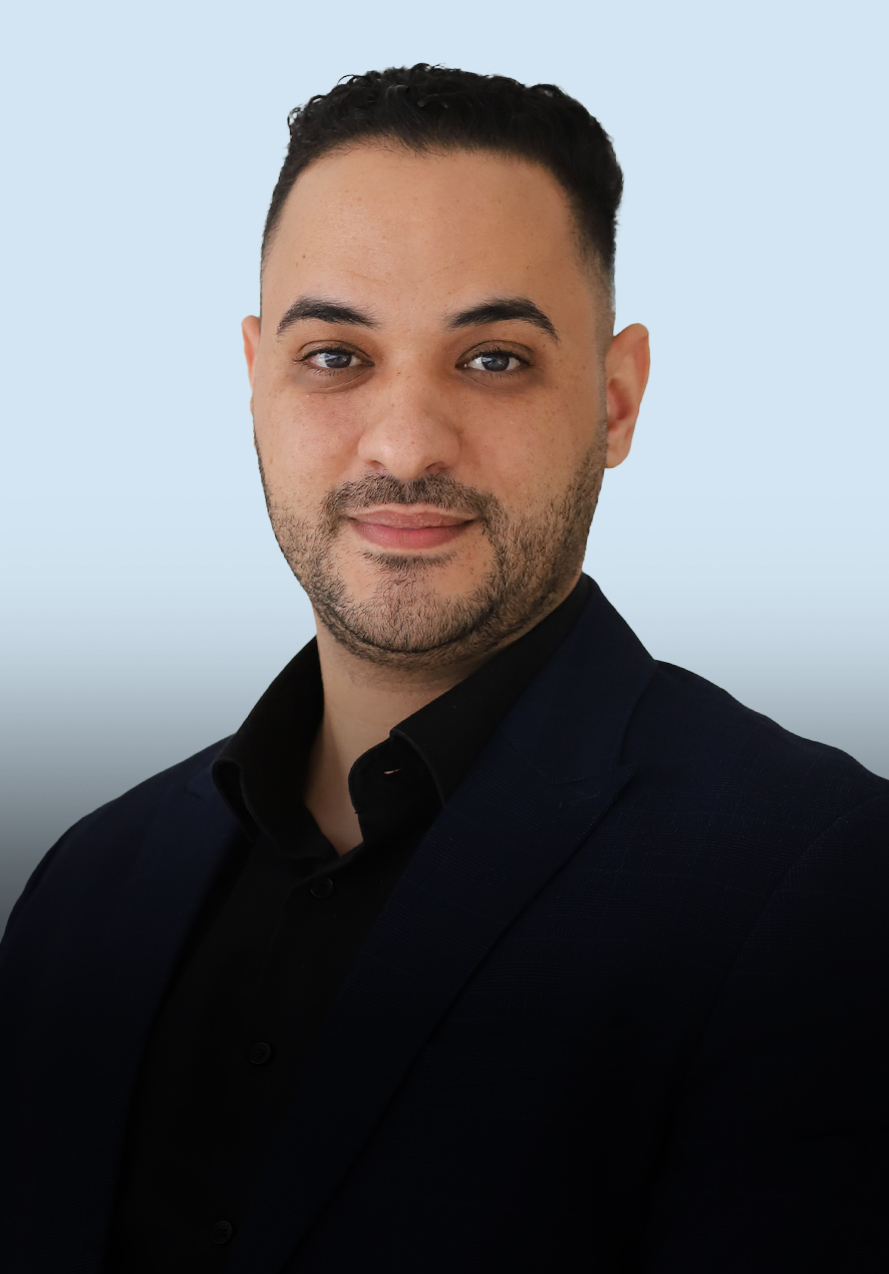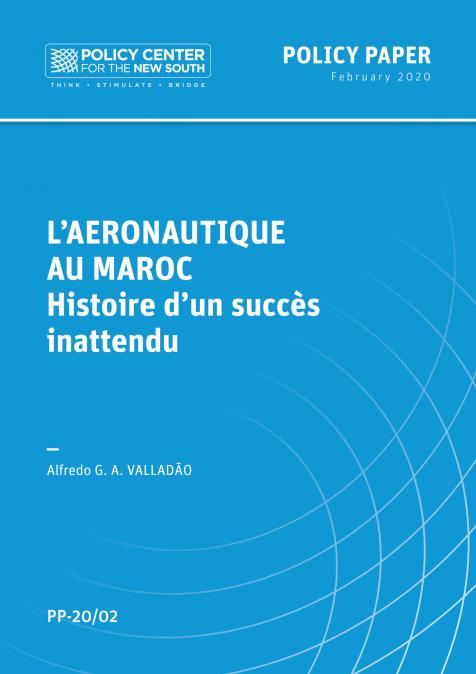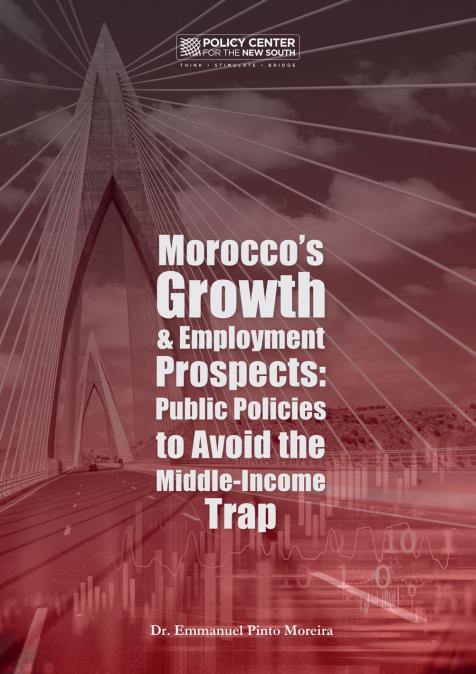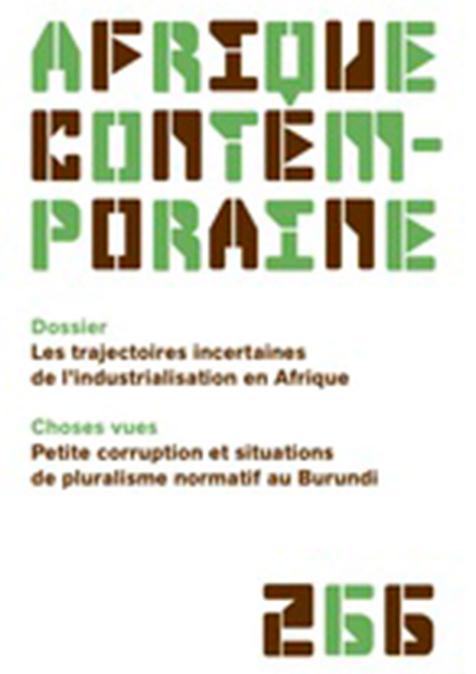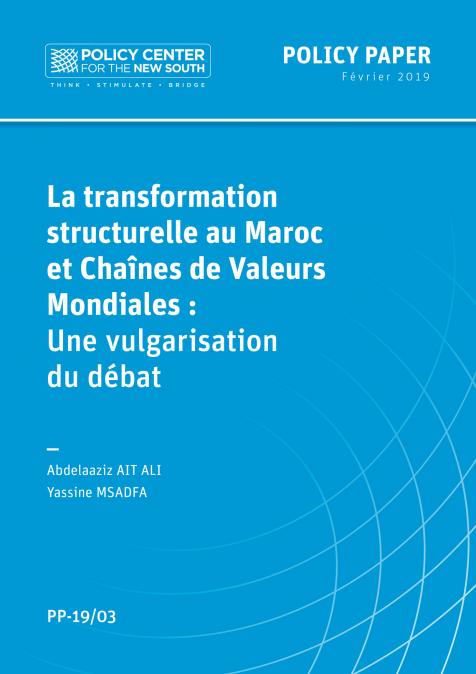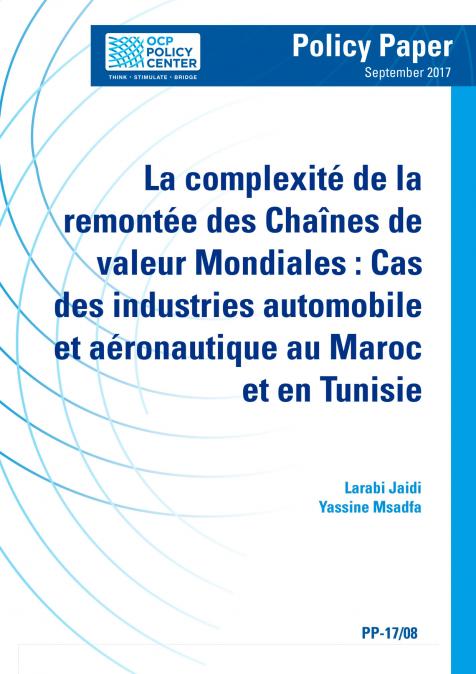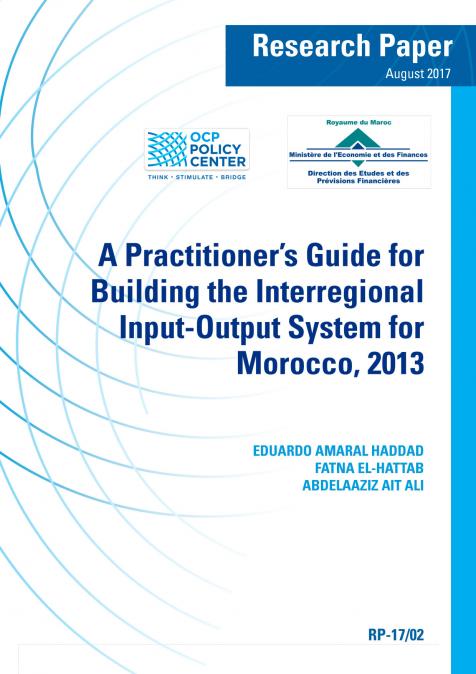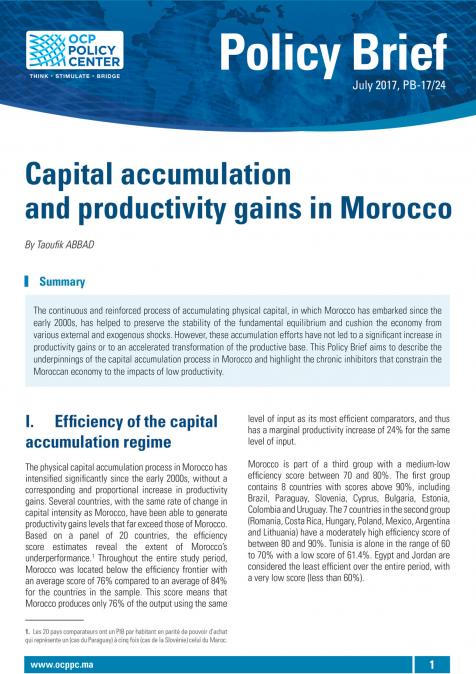« L’économie marocaine aspire à réussir sa transformation structurelle et réallouer son facteur travail vers les activités les plus productives. La montée en puissance de nouveaux secteurs manufacturiers à l’instar de l’automobile ou l’aéronautique s’est avérée une réussite majeure des politiques industrielles, qui désirent faire du pays un hub industriel de premier ordre dans la région et le continent. Ceci-dit, l’économie Marocaine reste bien engagé dans un processus de tertiarisation, qui intervient parfois au dépens du secteur manufacturier. Dans ce contexte sanitaire très particulier, le processus de transformation structurelle peut être confronté à de nouveaux défis majeurs, mais il peut également s’appuyer sur des fenêtres d’opportunités au vu des réorganisations des chaines de valeurs mondiales qui se profilent à l’horizon. » Modérateur : Mahmoud Arbouch, Economist , Policy Center for the New South Intervenants: Larabi Jaidi, Senior Fellow, Policy Center for the New South Zoubir Benhamouche, Economist, United Nations Economic Commission for Africa Abdelaziz Ait Ali, Senior Economist , Policy Center for the New South.


